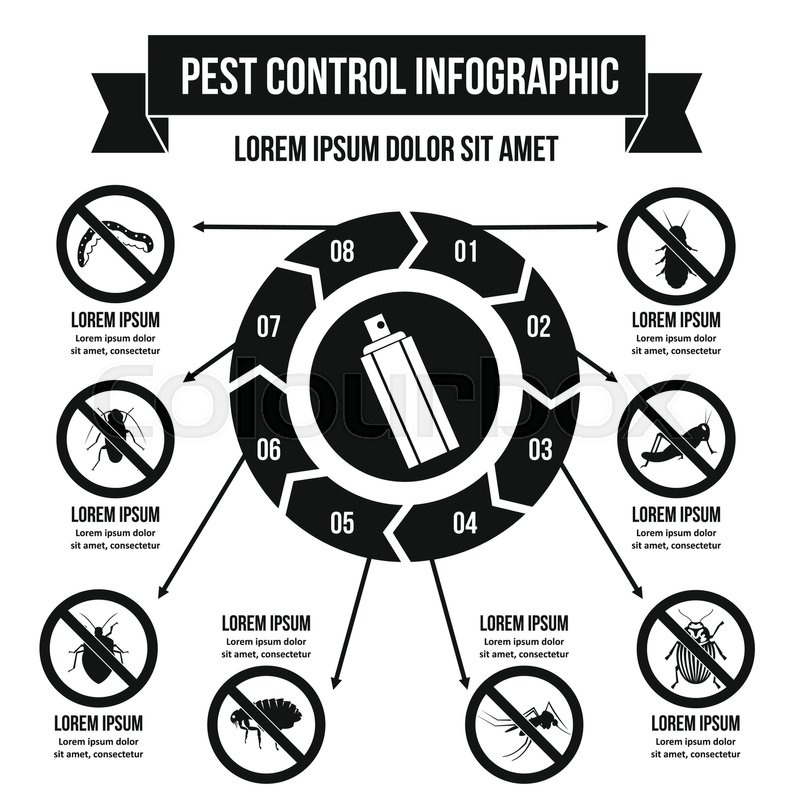Safeguard Your Yard From Pests: Recommendations For Maintaining Undesirable Intruders Away
Safeguard Your Yard From Pests: Recommendations For Maintaining Undesirable Intruders Away
Blog Article
Material By-Gupta Trujillo
Envision your yard as a refuge, a location of tranquility and elegance. However, the visibility of exterior insects can rapidly disrupt this picturesque image. Suppose there were basic yet efficient means to keep these unwanted site visitors away and shield your yard oasis? By adhering to a couple of sensible suggestions and executing natural approaches, you can create an unified outdoor room where your plants can grow uninterrupted.
Natural Pest Deterrents
To maintain bugs away from your yard naturally, plant aromatic herbs like mint and lavender. These aromatic plants not only add appeal to your yard yet likewise serve as reliable pest deterrents. Parasites like mosquitoes, flies, and also some garden-damaging bugs are warded off by the solid aromas given off by these herbs. Simply putting them strategically around your garden can help develop a natural obstacle versus undesirable parasites.
Along with Read the Full Write-up and lavender, consider growing various other herbs like rosemary, basil, and lemongrass to additionally boost your yard's pest-proofing capabilities. These natural herbs not just work as natural repellents but likewise have the included advantage of being useful in cooking or crafting home made treatments.
Strategic Plant Positioning
Consider the format of your garden and the types of plants you need to strategically position them for maximum pest-proofing performance.
Start by grouping plants with similar resistance to parasites with each other. By doing this, you can develop an all-natural obstacle that discourages pests from spreading throughout your garden.
In addition, positioning pest-repelling plants like marigolds, lavender, or mint near more susceptible plants can help safeguard them. Tall plants, such as sunflowers or corn, can work as a shield for much shorter plants versus parasites like rabbits or ground-dwelling insects.
Remember to leave adequate space between plants to boost air circulation and lower the threat of diseases that pests might bring.
In addition, take into consideration planting strong-smelling herbs like rosemary or basil near susceptible plants to puzzle parasites' detects and make it harder for them to locate their targets.
Effective Parasite Control Methods
For combating yard insects properly, implementing a multi-faceted parasite control strategy is vital. Start by encouraging click here for more like birds, ladybugs, and praying mantises to aid maintain bug populations in check. Presenting plants that draw in these beneficial insects can assist in bug control. In addition, exercising great garden health by eliminating debris and weeds where parasites could conceal can make your garden much less congenial to unwanted visitors.
Think about using physical obstacles such as row cover fabrics or netting to shield at risk plants from bugs like caterpillars and birds. Applying progressive pest control like neem oil or insecticidal soap can additionally be effective against certain pests while being much less unsafe to valuable pests and the environment. It's crucial to rotate your plants each season to stop the buildup of pest populaces that target specific plants.
Consistently inspect your plants for indicators of pest damages so you can do something about it without delay. By integrating these methods and staying attentive, you can successfully control garden parasites and appreciate a growing, pest-free yard.
Final thought
So, there you have it - with the appropriate techniques, you can maintain pesky outside bugs away from your garden and help your plants flourish.
Did you recognize that growing mint has been shown to push back insects and various other pests, minimizing the requirement for damaging chemicals by as much as 60%?
By integrating natural deterrents and clever planting strategies, you can develop a beautiful and pest-resistant garden sanctuary for you to enjoy.
